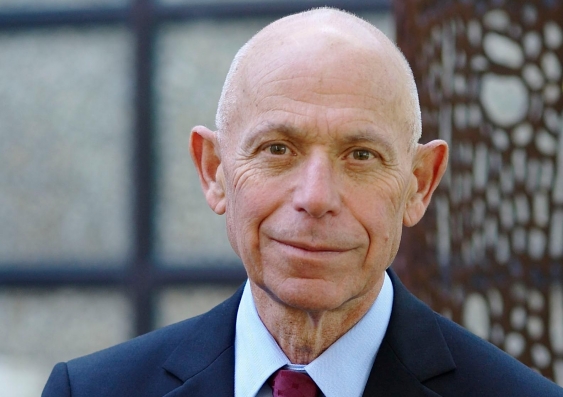Time to consider US-style university system
Deregulating student fees and providing more choice through private providers have the potential to transform our higher education sector, which is being strangled by a lack of funding and diversity, writes UNSW Vice-Chancellor Fred Hilmer.


